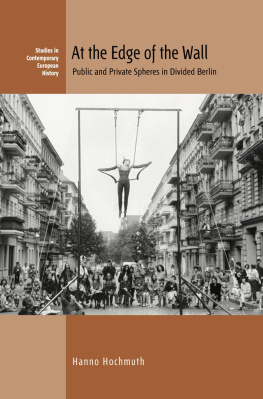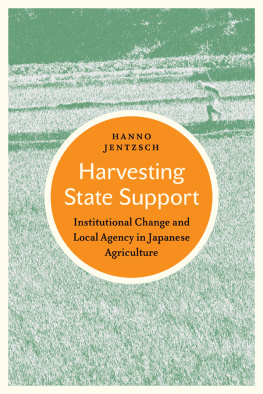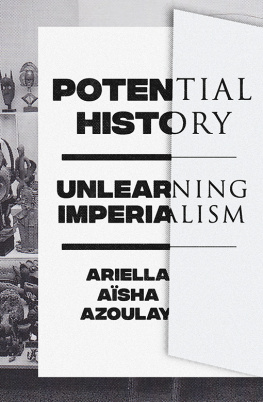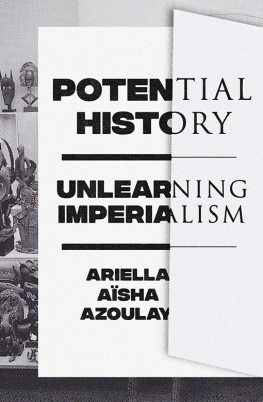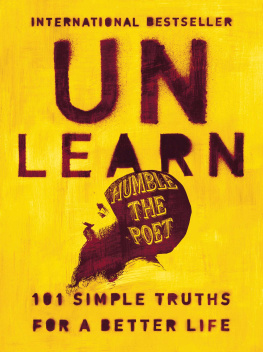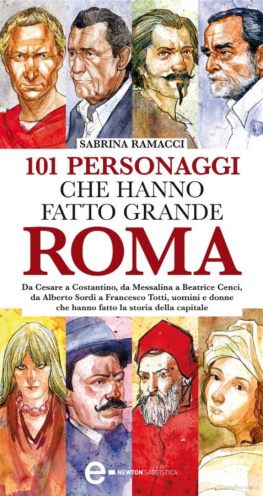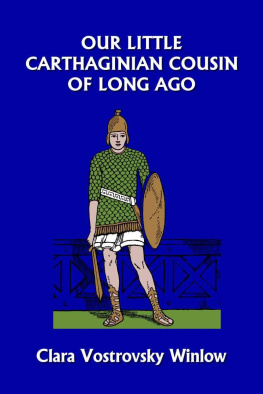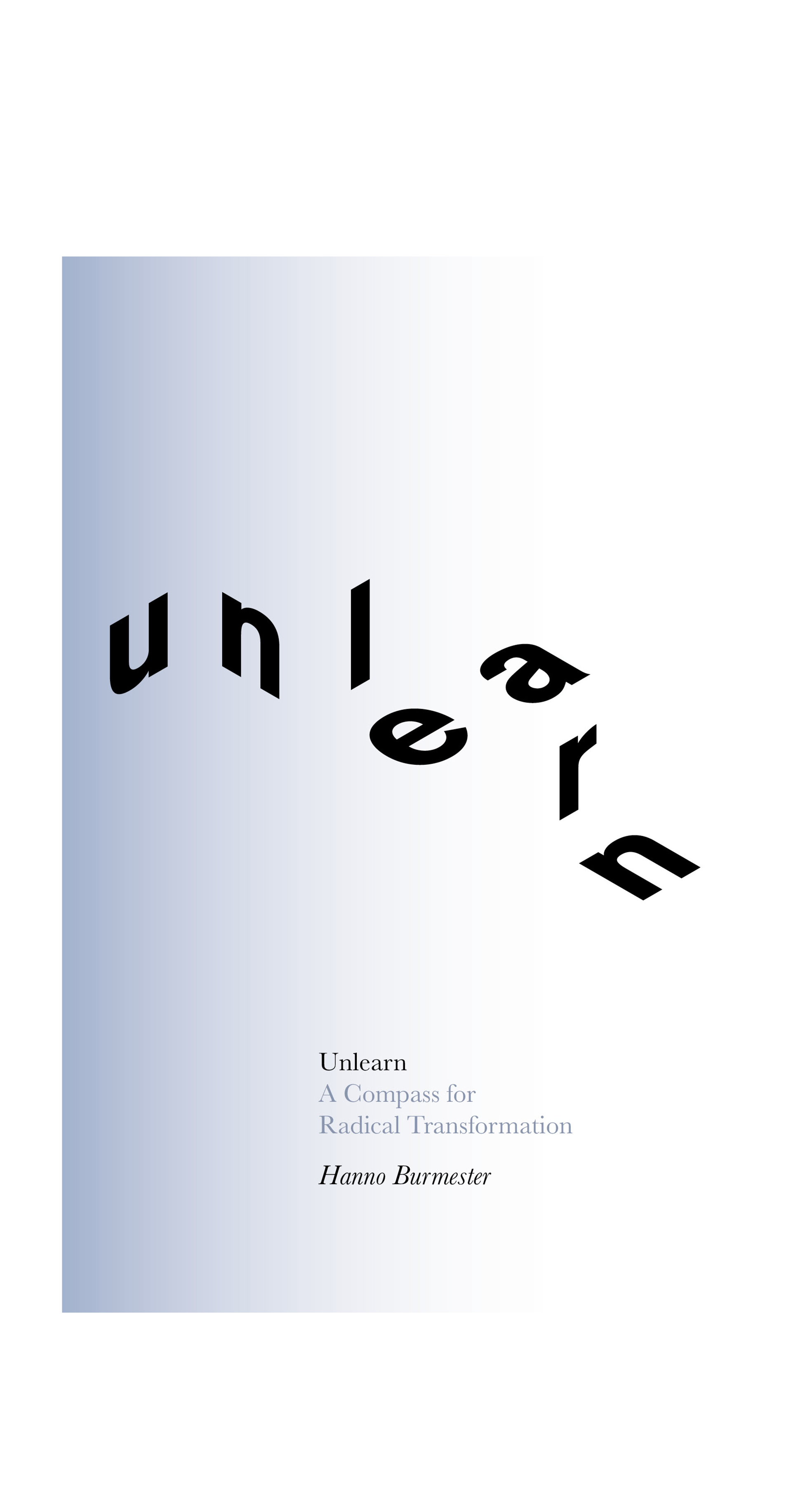Introducing Perspectiva Press
Soul food for expert generalists
Perspectiva seeks to understand the relationship between systems, souls and society in a time of crisis, and to develop methods, grounded in an applied philosophy of education, to help us meet the challenges of our time.
As part of this broader endeavour, Perspectiva Press will specialise in short books with occasional longer works. These books will be well-presented and distinctive. Their purpose is to shape and share thinking that helps to:
- create a community of expert generalists with skills of synthesis and epistemic agility
- envisage a world beyond consumerism, and pathways for how we might get there
- support sociological imagination in a dynamic ecological and technological context
- cultivate spiritual sensibility; clarifying how it manifests and why it matters
- encourage a more complex and systemic understanding of the world
- commit to going beyond critique, by developing vision and method
- indicate how we can do pluralism better; epistemic, cultural, political, spiritual
- clarify what it means to become the change we want to see in the world
- develop the authority of people doing important work aligned with Perspectiva
It is unusual for a charity like Perspectiva to become a publisher, even a small one, but we value books as dignified cultural artefacts with their own kind of analogue power, and we believe ideas travel further and connect more deeply when they are rooted in the mandate of a publication designed to last for years, not merely moments. We also see a gap in the market for books that specialise in the kinds of integrative and imaginative sensibilities that speak to the challenges of our time.
Already published:
The World We Create: From god to market Tomas Bjrkman
An entrepreneur offers an historical perspective on achieving a more meaningful and sustainable world
To be published in 2021:
Collective Wisdom in the West: Beyond the shadows of the enlightenment Liam Kavanagh
A cognitive scientist and contemplative on the nature of collective wisdom and what we need to do to get there
The Entangled Activist: Learning to recognise the masters tools Anthea Lawson
A seasoned campaigner on how your sense of agency changes when you realise getting the bastards is not working
The Politics of Waking Up: Power and possibility in the fractal age
Indra Adnan
A psychosocial therapist on refashioning politics by meeting people where they are
Dispatches from a Time Between Worlds: Crisis and emergence in metamodernity Authors include Jonathan Rowson (ed), Layman Pascal (ed), Zak Stein, Bonnitta Roy, Daniel Grtz, Lene Rachel Andersen, Sarah Stein Lubrano, Minna Salami, John Vervaeke and Christopher Mastropietro, Tom Murray, Mark Vernon and Jonathan Jong, Siva Thambisetty, Jeremy Johnson, Brent Cooper
An anthology of metamodern scholars and writers on our world-historical context and pathways to cultural renaissance
I was deeply moved when I read this book. It is provoking, intense, passionate a timely deep dive into how personal and societal transformation are interconnected.
Uffe Elbaek, Member of the Danish Parliament and Founder of the KaosPilots
Unlearn intertwines the political and the personal, the individual and society, the past and the future. It enables us to take fresh perspectives on todays existential challenges, and thus deserves many readers.
Tomas Bjrkman, author of The World We Creat e and Founder of the Ekskret Foundation
This is a bold book, offering an integral perspective on transformation as a deeply human challenge. It is intellectually challenging, yet grounded in practice and deep personal experience. Highly recommended!
Prof. Patrizia Nanz, Vice President, BASE; former Director of the Institute for Advanced Sustainability Studies
Worldwide we are approaching a much-needed learning revolution which calls for a better understanding of what unlearning is. With a simplicity on the far side of complexity, this book offers a refreshingly clear, concise and coherent compass for navigating the transformative journey interwoven together as individuals, organizations, and societies.
Aftab Omer, President, Meridian University
What is freedom and self-determination? How do individuals and society relate to one another in the western world? Hanno Burmester wrote the book on the actual crisis of the western world without it being a Corona book and shows above all what one has to unlearn in order to advance oneself and society.
Prof. Maximilian Benz, University of Bielefeld
Unlearn integrates perspectives we have become used to dividing: the I, the We, and the World. It is a systemic book, nudging its readers towards reconsidering their position within the greater environment. It challenges us to push and expand the boundaries of everyday discourse.
Dr. Bernd Schmid, Founder, Institute for Systemic Consulting, Wiesloch
Unlearn
A Compass for
Radical Transformation
Hanno Burmester
Perspectiva Press, London, UK
systems-souls-society.com
First published in 2021
ISBN (POD) 978-1-914568-00-8
ISBN (pbk) 978-1-9998368-3-2
ISBN (ebk) 978-1-9998368-5-6
2021 Hanno Burmester asserts his moral right to be identified as the author of this book.
All rights reserved. No part of this publication may be reproduced, stored in a retrieval system or transmitted in any form without the prior written consent of the copyright owners, other than as permitted by UK copyright legislation or under the terms and conditions of a recognised copyright licensing scheme.
llustrations by Catharina Burmester
Cover design Studio Sutherl&
Typeset in Baskerville and Akzidenz Grotesk by www.ShakspeareEditorial.org
Printed by TJ Books, Cornwall
Introduction
An era of unbecoming
W estern society is in deep crisis. It seems that our world is falling apart, whether you are looking from the political, social or ecological perspective. At the same time, we know that todays shifts are just the tip of the iceberg. In the coming years, the climate crisis will shake the fundament of global civilisation with rising frequency and intensity.
In the global North, a realisation is manifesting: our lifestyle, as cultivated since the early days of industrialisation, is turning out to be untenable. This lifestyle which was never designed as a universal model, but as the privilege of a tiny, white global aristocracy has been made possible by historically unseen levels of ecological and social exploitation. Yet this is the very lifestyle we exported globally during the second half of the 20th century, promoting an extremist ideal of economic liberty while pushing the ecosystem beyond its limits.
Even though the severity of todays situation is abundantly clear, democratic societies seem incapable of changing course. As of 2020, no democratic government has come up with any fundamental measures that mirror the seriousness of the climate crisis. Some of the symptoms of the crisis are being tackled, while its roots stay untouched. Somehow, we manage to detach knowledge from action: a widening delta that enables us to leave unaltered the paradigms and patterns we know are untenable, but which have become an integral part of what we believe constitutes a good life.


